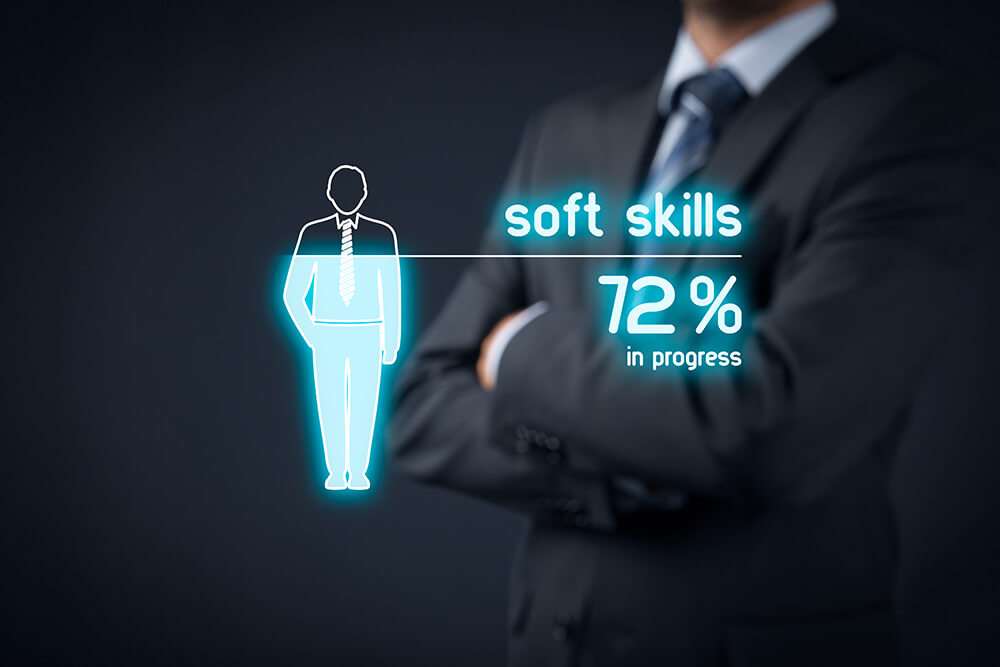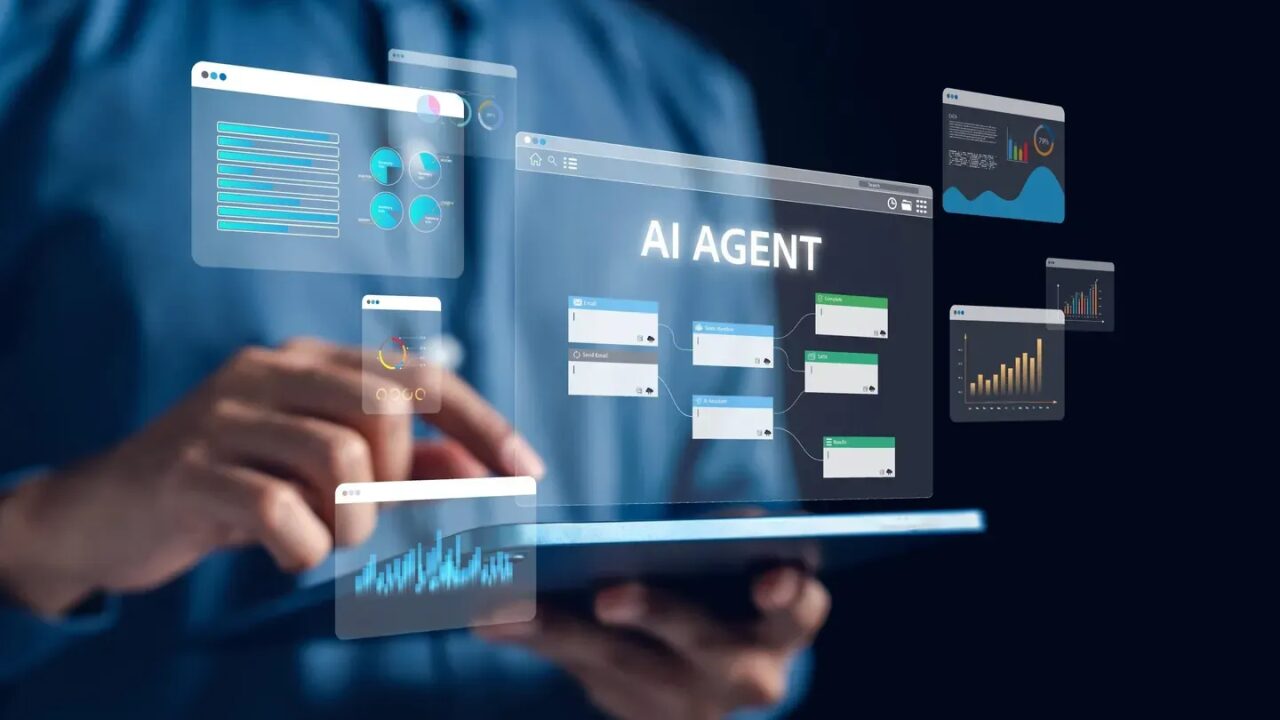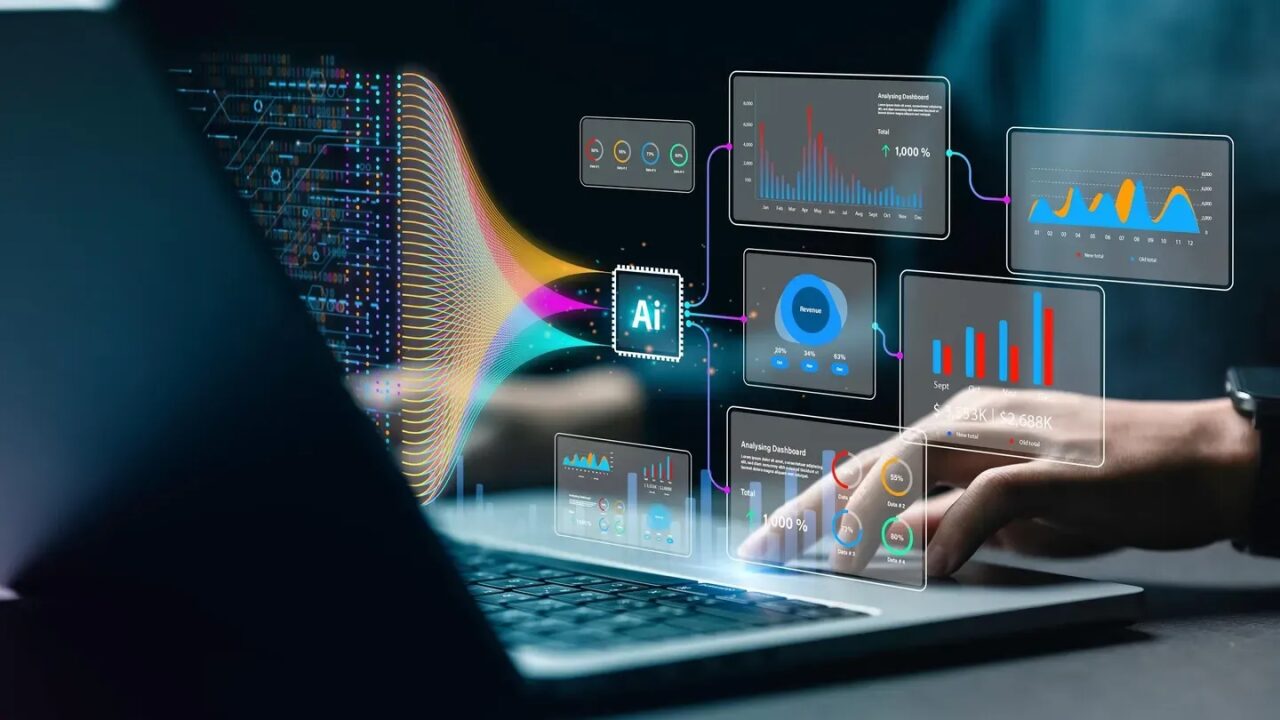9 Soft Skills Every Employee Will Need In The Age Of Artificial Intelligence (AI)
2 July 2021
Technical skills and data literacy are obviously important in this age of AI, big data, and automation. But that doesn’t mean we should ignore the human side of work – skills in areas that robots can’t do so well. I believe these softer skills will become even more critical for success as the nature of work evolves, and as machines take on more of the easily automated aspects of work. In other words, the work of humans is going to become altogether more, well, human.

With this in mind, what skills should employees be looking to cultivate going forward? Here are nine soft skills that I think are going to become even more precious to employers in the future.
1. Creativity
Robots and machines can do many things, but they struggle to compete with humans when it comes to our ability to create, imagine, invent, and dream. With all the new technology coming our way, the workplaces of the future will require new ways of thinking – making creative thinking and human creativity an important asset.
2. Analytical (critical) thinking
As well as creative thinking, the ability to think analytically will be all the more precious, particularly as we navigate the changing nature of the workplace and the changing division of labor between humans and machines. That’s because people with critical thinking skills can come up with innovative ideas, solve complex problems and weigh up the pros and cons of various solutions – all using logic and reasoning, rather than relying on gut instinct or emotion.
3. Emotional intelligence
Also known as EQ (as in, emotional IQ), emotional intelligence describes a person’s ability to be aware of, control, and express their own emotions – and be aware of the emotions of others. So when we talk about someone who shows empathy and works well with others, we’re describing someone with a high EQ. Given that machines can’t easily replicate humans’ ability to connect with other humans, it makes sense that those with high EQs will be in even greater demand in the workplace.
4. Interpersonal communication skills
Related to EQ, the ability to successfully exchange information between people will be a vital skill, meaning employees must hone their ability to communicate effectively with other people – using the right tone of voice and body language in order to deliver their message clearly.
5. Active learning with a growth mindset
Someone with a growth mindset understands that their abilities can be developed and that building skills leads to higher achievement. They’re willing to take on new challenges, learn from their mistakes, and actively seek to expand their knowledge. Such people will be much in demand in the workplace of the future because, thanks to AI and other rapidly advancing technologies, skills will become outdated even faster than they do today.
6. Judgement and decision making
We already know that computers are capable of processing information better than the human brain, but ultimately, it’s humans who are responsible for making the business-critical decisions in an organization. It’s humans who have to take into account the implications of their decisions in terms of the business and the people who work in it. Decision-making skills will, therefore, remain important. But there’s no doubt that the nature of human decision making will evolve – specifically, technology will take care of more menial and mundane decisions, leaving humans to focus on higher-level, more complex decisions.
7. Leadership skills
The workplaces of the future will look quite different from today’s hierarchical organizations. Project-based teams, remote teams, and fluid organizational structures will probably become more commonplace. But that won’t diminish the importance of good leadership. Even within project teams, individuals will still need to take on leadership roles to tackle issues and develop solutions – so common leadership traits like being inspiring and helping others become the best versions of themselves will remain critical.
8. Diversity and cultural intelligence
Workplaces are becoming more diverse and open, so employees will need to be able to respect, understand, and adapt to others who might have different ways of perceiving the world. This will obviously improve how people interact within the company, but I think it will also make the business’s services and products more inclusive, too.
9. Embracing change
Even for me, the pace of change right now is startling, particularly when it comes to AI. This means people will have to be agile and cultivate the ability to embrace – and even celebrate – change. Employees will need to be flexible and adapt to shifting workplaces, expectations, and required skillsets. And, crucially, they’ll need to see change not as a burden but as an opportunity to grow.
Bottom line: we needn’t be intimated by AI. The human brain is incredible. It’s far more complex and more powerful than any AI in existence. So rather than fearing AI and automation and the changes this will bring to workplaces, we should all be looking to harness our unique human capabilities and cultivate these softer skills – skills that will become all the more important for the future of work.
Related Articles
AI Agents Lead The 8 Tech Trends Transforming Enterprise In 2026
By now, “smart” versions exist of just about every home appliance, gadget and gizmos we can think of. However, manufacturers continue[...]
The 8 Data Trends That Will Define 2026
By now, “smart” versions exist of just about every home appliance, gadget and gizmos we can think of. However, manufacturers continue[...]
Sign up to Stay in Touch!
Bernard Marr is a world-renowned futurist, influencer and thought leader in the fields of business and technology, with a passion for using technology for the good of humanity.
He is a best-selling author of over 20 books, writes a regular column for Forbes and advises and coaches many of the world’s best-known organisations.
He has a combined following of 4 million people across his social media channels and newsletters and was ranked by LinkedIn as one of the top 5 business influencers in the world.
Bernard’s latest book is ‘Generative AI in Practice’.






Social Media